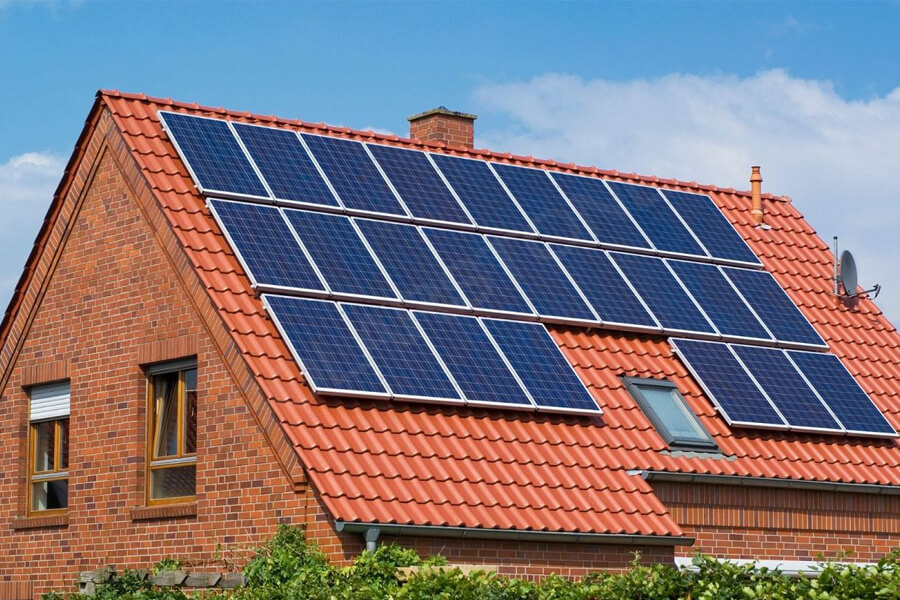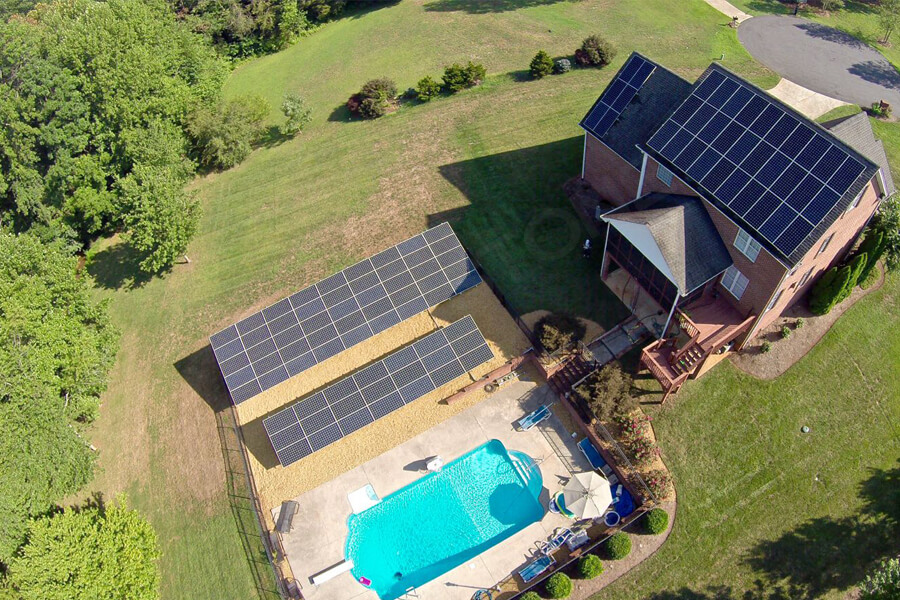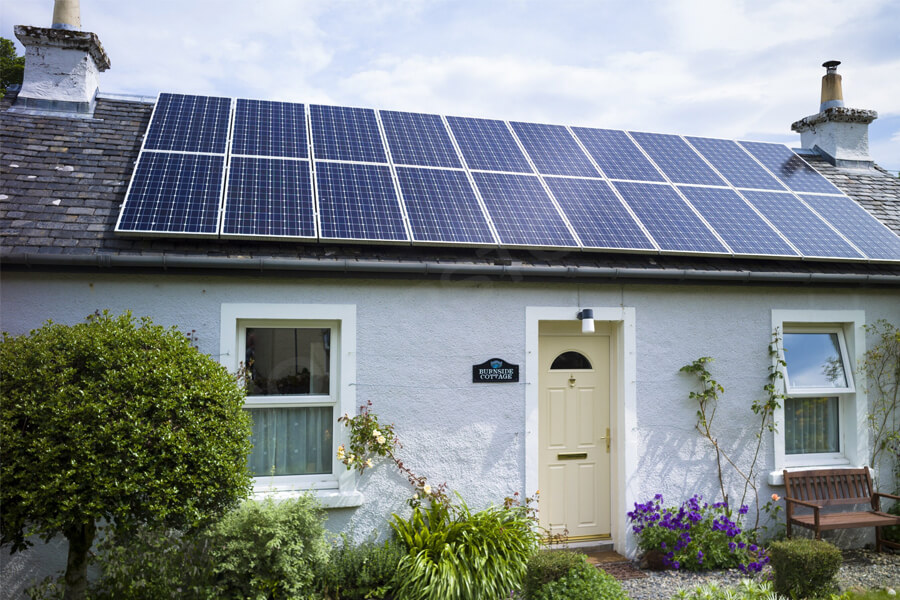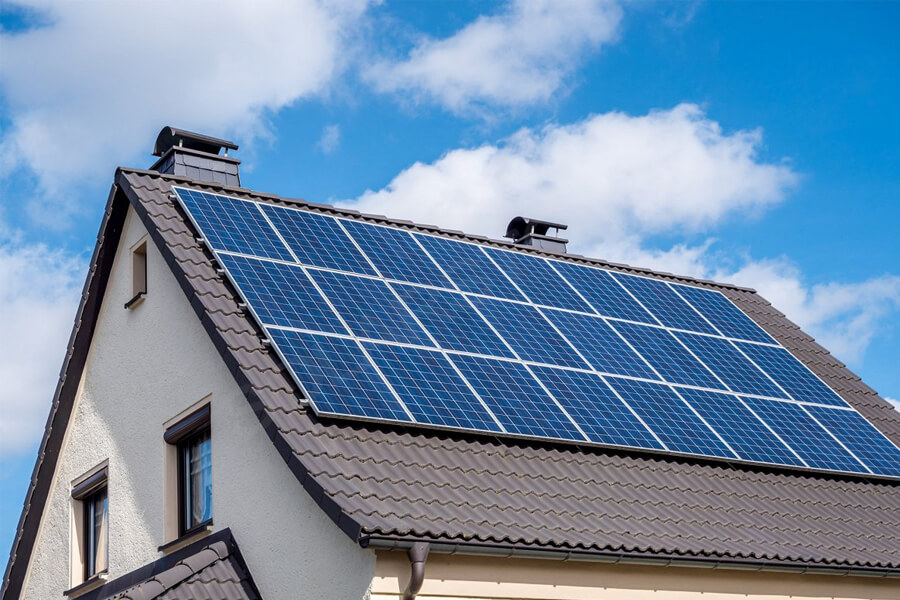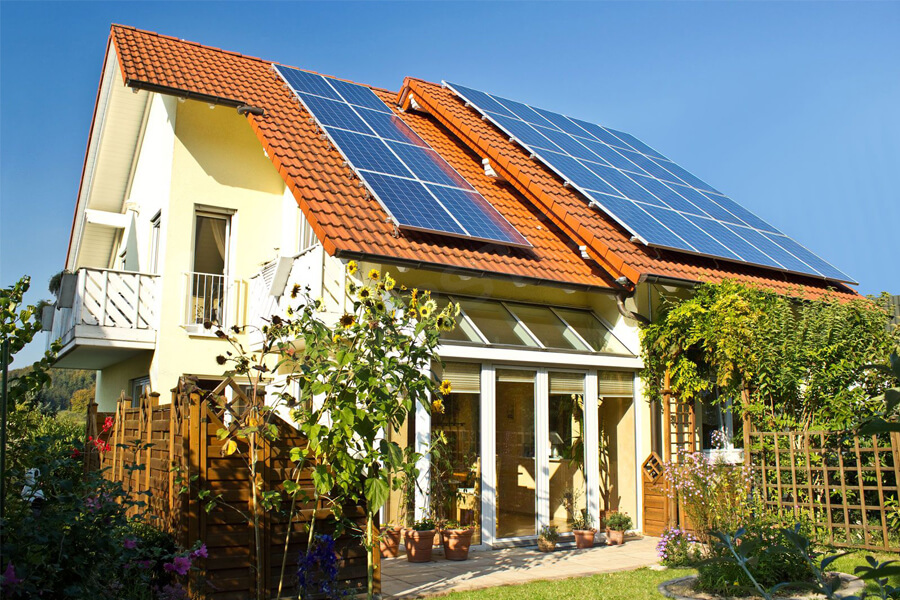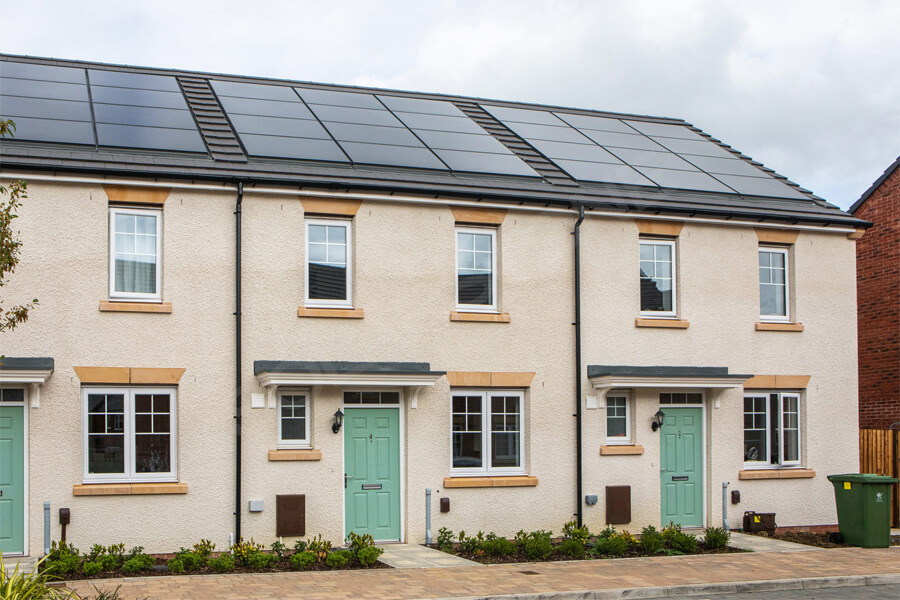01 What factors should be considered for household solar power generation?
Answer:
For home solar power generation, it is important to consider the maximum power of the appliances you load and the daily electricity consumption.
The maximum power is an important indicator for selecting the maximum power of the inverter in the system, and the electricity consumption is a reference for the amount of batteries and photovoltaic panels used in the system.
02 Can you briefly describe the working principle of an independent photovoltaic power generation system?
Answer:
The solar panel converts solar radiation energy into electrical energy, and directly supplies power to the load or charges the battery through the control of the controller;
When the load needs to work (such as insufficient sunlight or at night), the battery supplies power to the load under the control of the controller.
For AC loads, it is necessary to add an inverter to convert direct current into alternating current before power can be supplied.
03 What are the application forms of distributed photovoltaic power generation?
Answer:
Distributed photovoltaic power generation includes application forms such as grid connected, off grid, and multi energy complementary microgrids.
Among them, grid connected distributed generation is mostly used near users. Generally, it is connected to the medium and low voltage distribution networks for self use.
When it is unable to generate electricity or the power is insufficient, it buys electricity from the grid, and when the power is surplus, it sells electricity online.
Off grid distributed photovoltaic power generation is mostly used in remote and island areas. It is not connected to the large power grid and uses its own power generation and energy storage system to directly supply power to the load.
Distributed photovoltaic systems can also form multi energy complementary micro electric systems with other power generation methods, such as water, wind, light, etc. They can operate independently as microgrids or be integrated into the grid for network operation.


